Mozambique: Joining UN Cybercrime Convention strengthens data and citizen protection - govt | Watch
Mozambique: MEP wants to know what EU is doing about tackling terrorists in Cabo Delgado
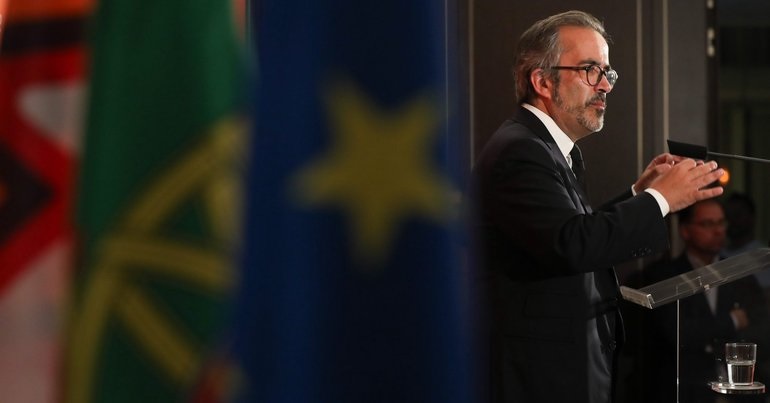
MEP Paulo Rangel on Wednesday stressed the situation in northern Mozambique to the head of European Union (EU) diplomacy, asking what concrete actions had already been taken by the European bloc to help end Islamic extremism.
Rangel questioned the UN High Representative for Foreign Policy, Joseph Borrell, on the “type of intervention or initiative the EU has undertaken to support the Mozambican authorities in tackling” the problem of Islamic extremist violence in the north of the country.
He asked Borrell for information on Mozambique in May, and what concrete EU aid had been made available to the country.
“He also asked how the EU had tried to exert its influence on regional organisations such as the African Union and the Southern African Development Community to encourage a common strategy to combat a threat which was increasingly regional.
“Mozambique remains abandoned in the face of the wave of Islamic extremist violence in the north of the country”, denounced Rangel, pointing out that the violence is causing a humanitarian crisis of “catastrophic proportions”.
Several Mozambican, Portuguese and international media reported a massacre perpetrated by the terrorist group Islamic State at the end of last week in Cabo Delgado, starting in the village of Nanjaba.
According to the BBC, which quotes the Mozambique Information Agency and the Pinnacle News website, more than 50 people were kidnapped and then beheaded in the village of Muatide, “on a football pitch which has become an extermination camp”.
According to these sources, the beheadings took place between last Friday and Sunday.
The news portal Pinnacle News even speaks of hundreds of victims and “about 40 beheadings” in other villages, including many “children under 15”.
Cabo Delgado province, in the north of Mozambique, has been the scene for three years of armed attacks by forces classified as terrorists, which have intensified this year.
There are different estimates for the number of deaths, ranging from 1,000 to 2,000 victims.
According to official figures, there are at least 435,000 internally displaced persons.
The capital of Cabo Delgado, Pemba, has been receiving a new wave of displaced persons since mid-October, travelling in makeshift boats.
Victims of violence in the gas-rich region have spread to other regions, notably the neighbouring provinces of Niassa and Nampula, but local authorities have already offered help to refugee families arriving further south, notably to Zambezia and Sofala.


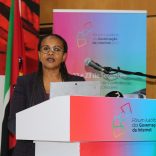
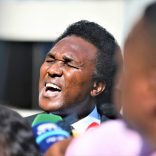
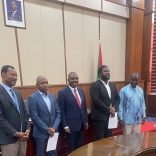

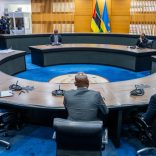
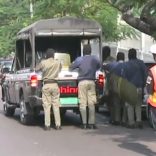




Leave a Reply
Be the First to Comment!
You must be logged in to post a comment.
You must be logged in to post a comment.